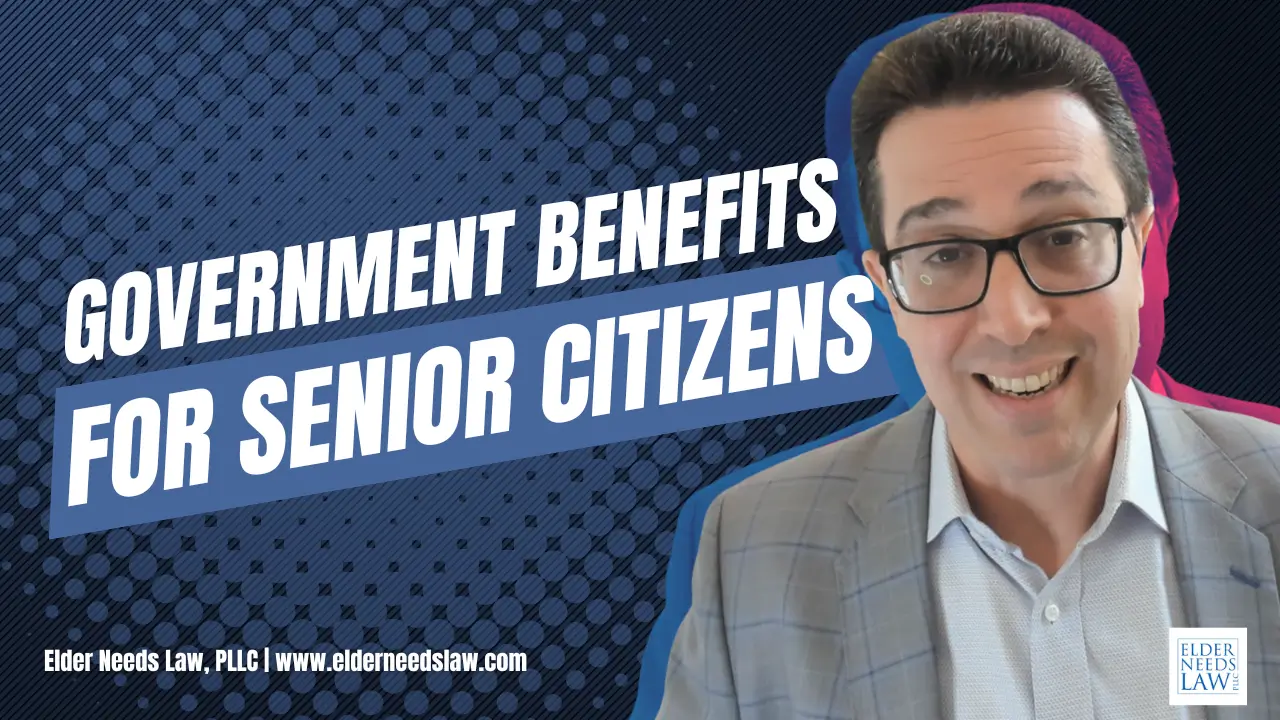ICP Medicaid Florida

Institutional Care Program (ICP) a/k/a Nursing Home Medicaid in Florida
As elder law attorneys, we know that understanding Medicaid ICP Benefits in Florida can be frustrating.
Remember that there are different types of long term care Medicaid programs in Florida. This article will delve deeper into “Florida ICP Medicaid,” which refers to the Institutional Care Program.
Medicaid ICP Benefits refers to type of Medicaid that pays for those who are elderly or disabled that require skilled nursing facility (i.e.nursing home) level of care throughout Florida. Nursing facility services includes on-site doctor visits, activities, food (including therapeutic diets and special dietary supplements, oral/tube feeding if needed), laundry, skincare, personal hygiene care, incontinence supplies, all general nursing services, medical equipment and supplies, rehab, physical therapy, occupational therapies and speech therapies, and more.
Florida Medicaid ICP Eligibility
Medicaid ICP eligibility is determined by the Department of Children and Families (DCF). They refer all Florida ICP Medicaid applicants for a Comprehensive Assessment and Review for Long-Term Care Services (also referred to as a “CARES assessment”). The CARES assessment determines the level of care that is the most appropriate for the applicant.
If the Medicaid ICP program applicant meets medical qualifications, Medicaid ICP eligibility also requires meeting Medicaid income limits and asset limits.
ICP Medicaid Income Limit
The Florida Medicaid ICP Program has what Florida elder law attorneys refer to as an income cap. This means that in order to meet ICP Medicaid requirements, the applicant can earn no more than three time the federal poverty level of income. This changes every year. In 2022, the ICP Medicaid income limit is $2,523.00 from all income sources combined.
In certain circumstances, if the person seeking Medicaid ICP in Florida has a spouse who does not need Medicaid, then the ICP Medicaid applicant may be able to divert a portion of their income to the community spouse. ICP Medicaid requirements allow the community spouse to the Minimum Monthly Maintenance Needs Allowance (or MMMNA).
If an applicant’s income exceeds the ICP Medicaid income limit, they will need to utilize a Qualified Income Trust (this is also commonly referred to as an Income-Only Trust or a “Miller Trust”). Click the link to learn more about how Qualified Income Trusts work or consult with your local elder law attorney (or call us!).
But suffice it to say, that once a Miller Trust has been properly drafted, set up, and funded, the ICP Medicaid income limit will no longer be a barrier to obtaining Medicaid ICP benefits.
Medicaid Asset Limits
However, in addition to the ICP Medicaid income cap, there is also a Medicaid asset test that must be met. The Medicaid asset limits in Florida are $2,000.00 for a single person applying to the ICP Medicaid program in Florida (or $3,000.00 if a married couple both requires Medicaid ICP benefits).
We elder law attorneys also often encounter married couples where only one spouse is seeking eligibility to the Medicaid ICP program. The Florida Medicaid Asset limits are more lenient for married couples who do not both require Medicaid.
When only one spouse seeks ICP Medicaid in Florida, the other spouse is referred to as the “community spouse.” The community spouse is entitled to a Community Spouse Resource Allowance (or CSRA). The CSRA and other important Florida Medicaid numbers can be found at the link. In 2022, the CSRA is $137,400.00 (the CSRA is adjusted every year). The community spouse can have up to the CSRA, while the Medicaid ICP program beneficiary can have an additional $2,000.00.
Elder Law Attorney Help Qualifying for the Florida Medicaid ICP Program
As you can see, Medicaid ICP requirements can be stringent. But for those who earn to much income or have too much in assets, an elder law attorney can provide legal and ethical strategies to prevent you or your love done from having to spend down or go nearly broke in order to qualify for ICP Medicaid FL benefits. We can also help with the actual FL ICP Medicaid Application.
For those who do not yet meet the nursing-facility level of care, and are instead interested in help paying for long-term care at home or in an ALF, you may want to talk to your elder law attorney about qualifying for the Medicaid Waiver (or home and community based Medicaid)program in Florida as opposed to ICP Medicaid.
To learn more about the Difference Between Medicaid Waiver and Florida Medicaid ICP Programs, click the link,or call to schedule a consultation today.
.png)






